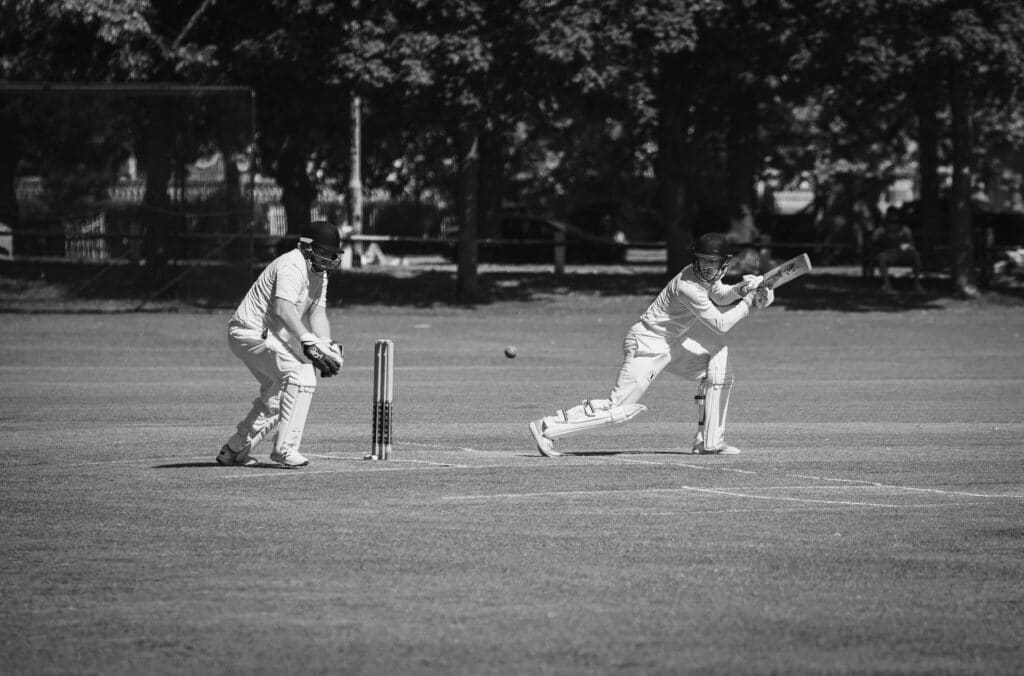Why is my shoulder pain not going away?
What we’ll cover
Why is my shoulder pain not going away?
Shoulder stiffness is a common issue that we see at Malvern East Physiotherapy. Our shoulders are one of the most versatile joints in the body, in that it moves in 360°; in all planes of movement. All upper limb movements requires the shoulder to work in some capacity. That is why understanding what influences shoulder mobility is ultra-critical for healthy shoulders. Our physiotherapist Vernon Mittal looks into how the shoulder works and what might be causing your shoulder to be painful or stiff.
How does a shoulder move?
The shoulder joint is comprised of not only the “ball and socket” joint called the Glenohumeral joint, but also our shoulder blade (i.e. Scapula). All movement of the shoulder also takes into account movement at the shoulder blade, and this is called “Scapulohumeral rhythm”.
A crucial aspect to shoulder mobility that is often forgotten about is the movement that occurs at the Thoracic spine (i.e. upper back). It may seem that this area of the body is far away from the shoulder joint, however upper back stiffness can contribute to shoulder stiffness.
As you can see in the below pictures, being “rounded/stiff” in your upper back limits how much you ran raise your arm/flex your shoulder (first picture). Reducing your stiffness and standing in more extension allows for more movement of your arm (second picture). This is why thoracic stiffness cannot be forgotten with shoulder movement.


What causes shoulder stiffness and pain?
Because our shoulders can do so much; push, pull, carry, rotate, flex and elevate, it can get worn down over time if we don’t keep them strong and mobile, with a higher risk of injuries. As we get older, degenerative changes i.e. normal age-related changes are more prone to occur, which plays a large role in contributing to shoulder stiffness.
Of course, after any previous surgeries or significant shoulder-related injuries, the rate of this degeneration increases which can unfortunately fast-track shoulder stiffness and potential pain.
However, despite this, regular strength and mobility exercises can significantly slow down the rate of degeneration and allows you to have a strong and mobile shoulder, without necessarily having any pain.
How can I improve my shoulder mobility?
Physiotherapy can greatly assist to improve shoulder mobility. Your physiotherapist will be able to assess and identify what particular factors could be affecting your shoulder mobility. An individualised treatment plan can then be implemented which may include joint mobilisations, soft tissue work, dry needling and exercises to improve your strength or flexibility.
If you are suffering from shoulder stiffness, please book online or call our team today. Our physiotherapists will perform a thorough and full assessment which will assist to keep your shoulders mobile. Often, pain can accompany stiffness, so it is critical that you reach out for help. We use our shoulders 24/7, so keeping them healthy must be a priority!
[/fusion_text][fusion_text]
[/fusion_text][/fusion_builder_column][/fusion_builder_row][/fusion_builder_container]


